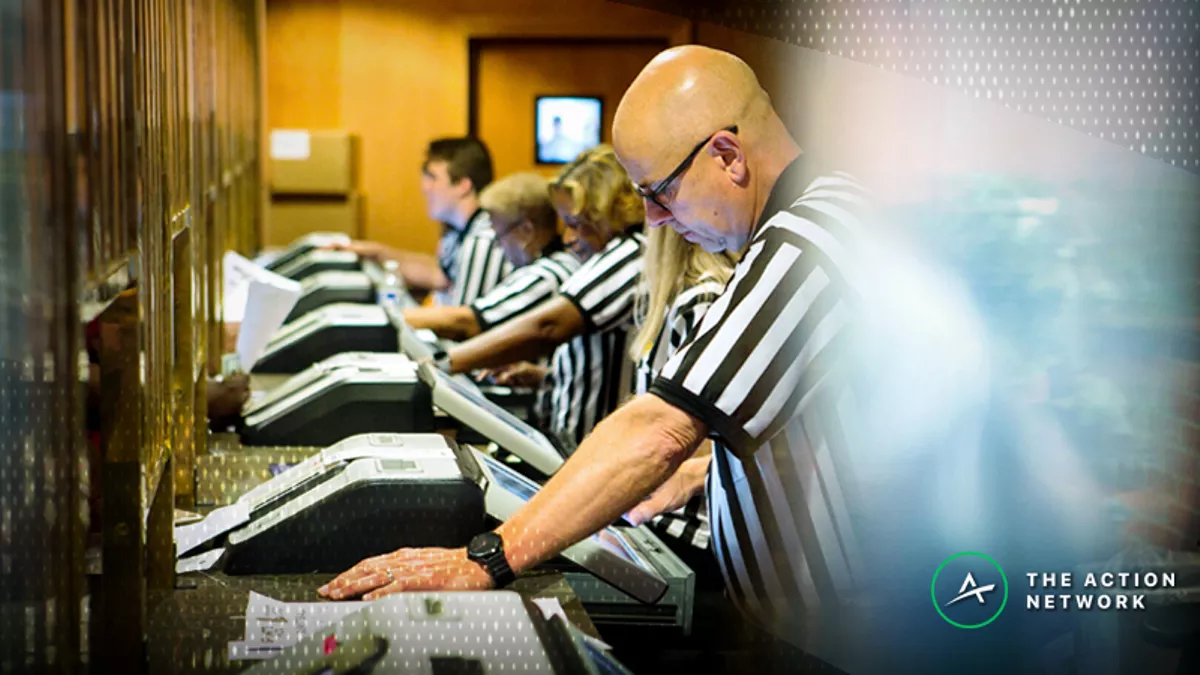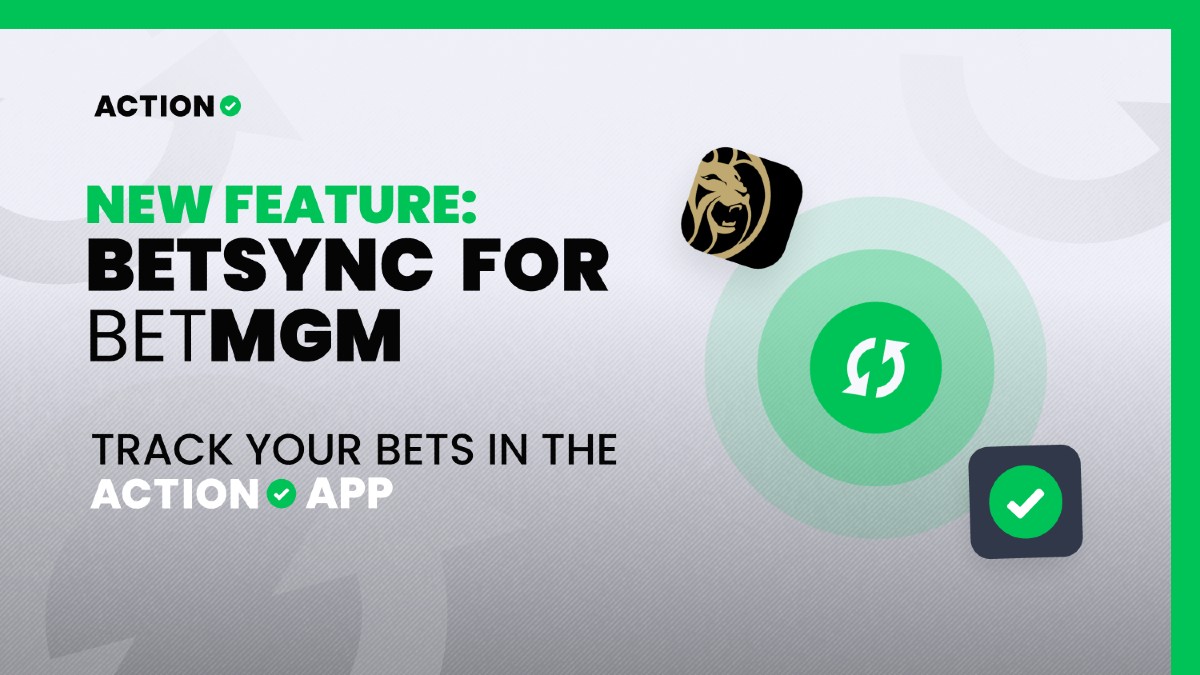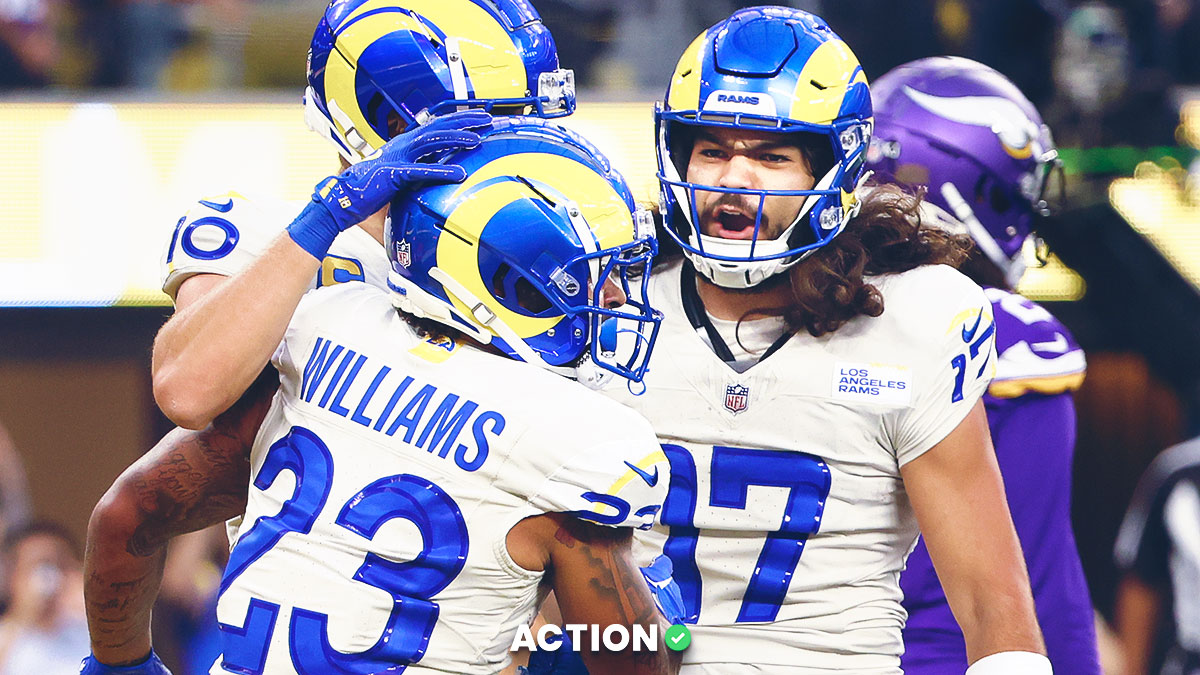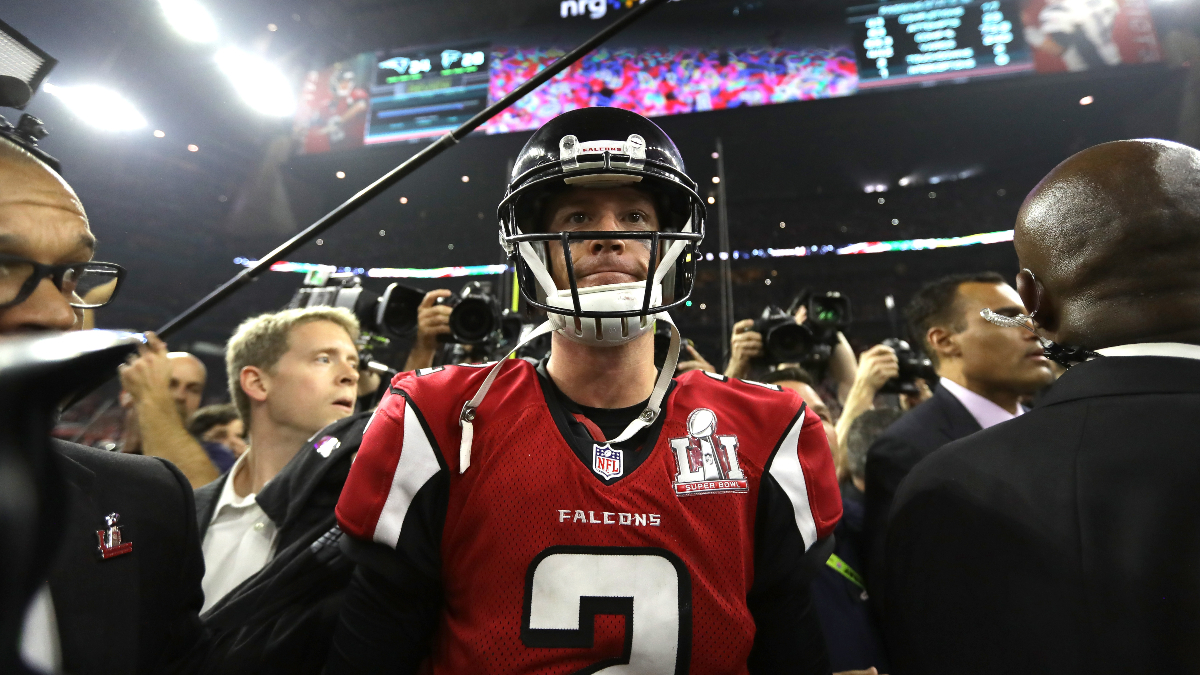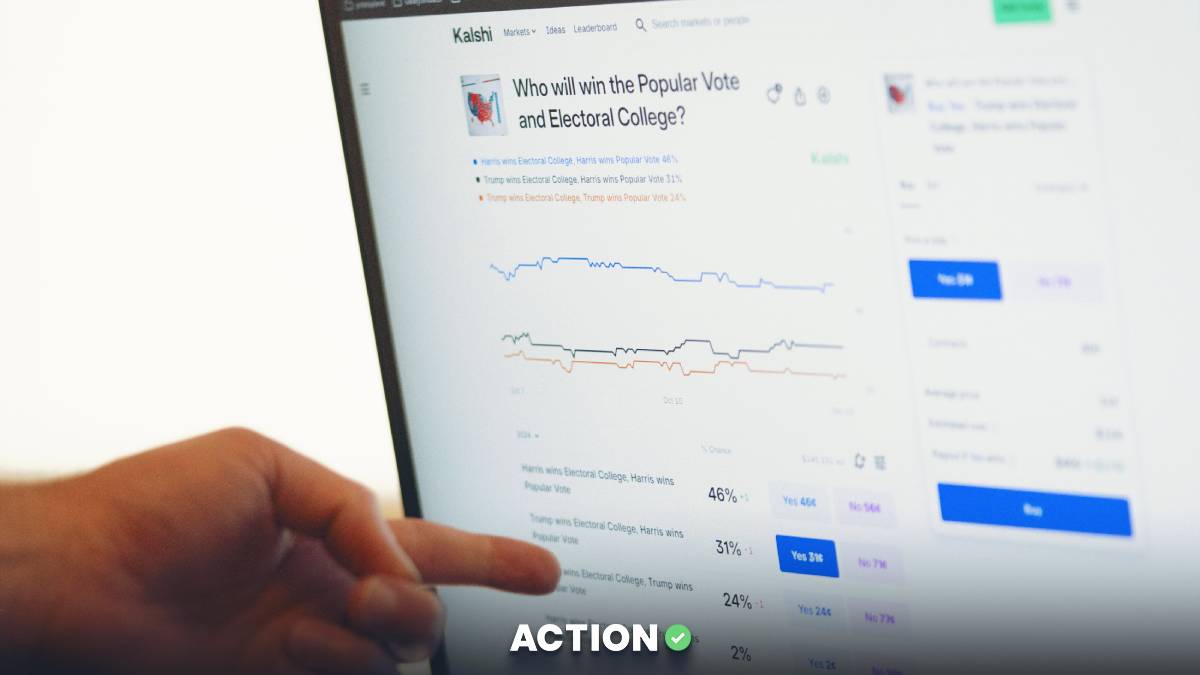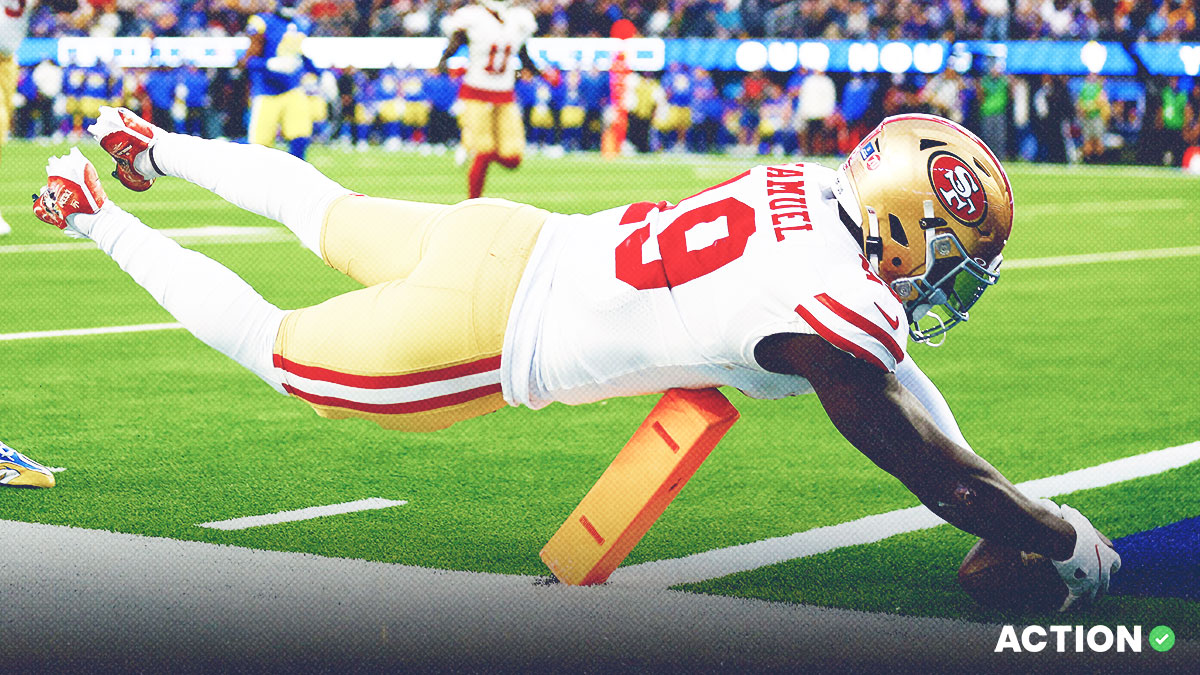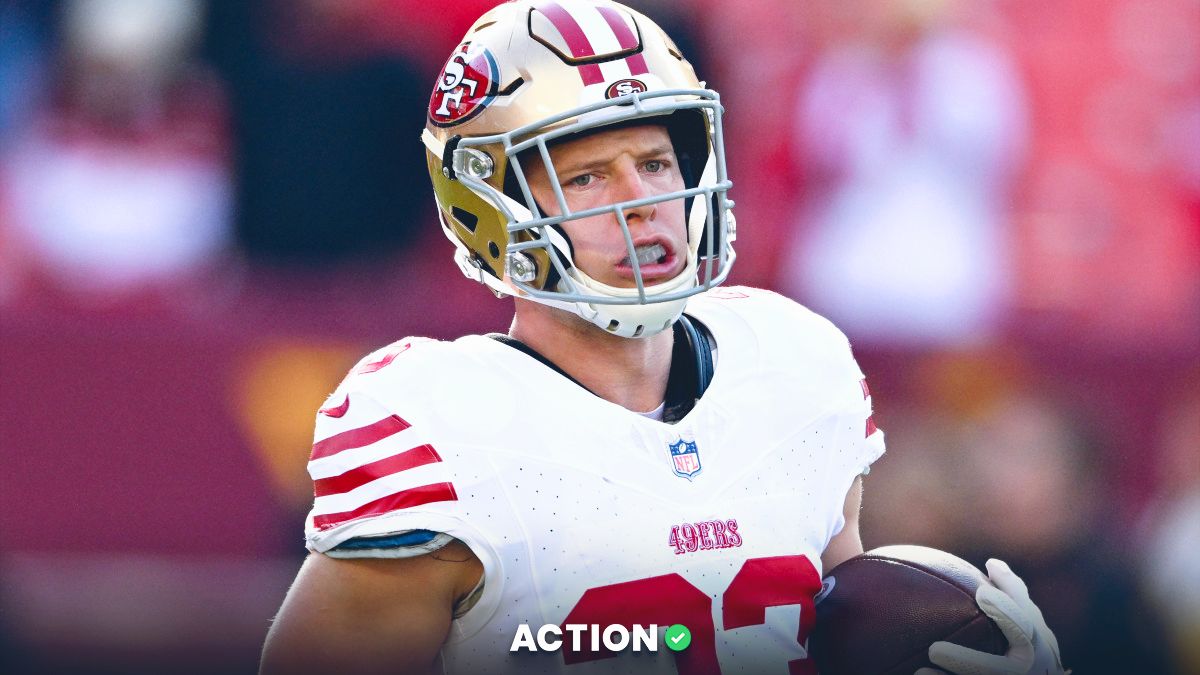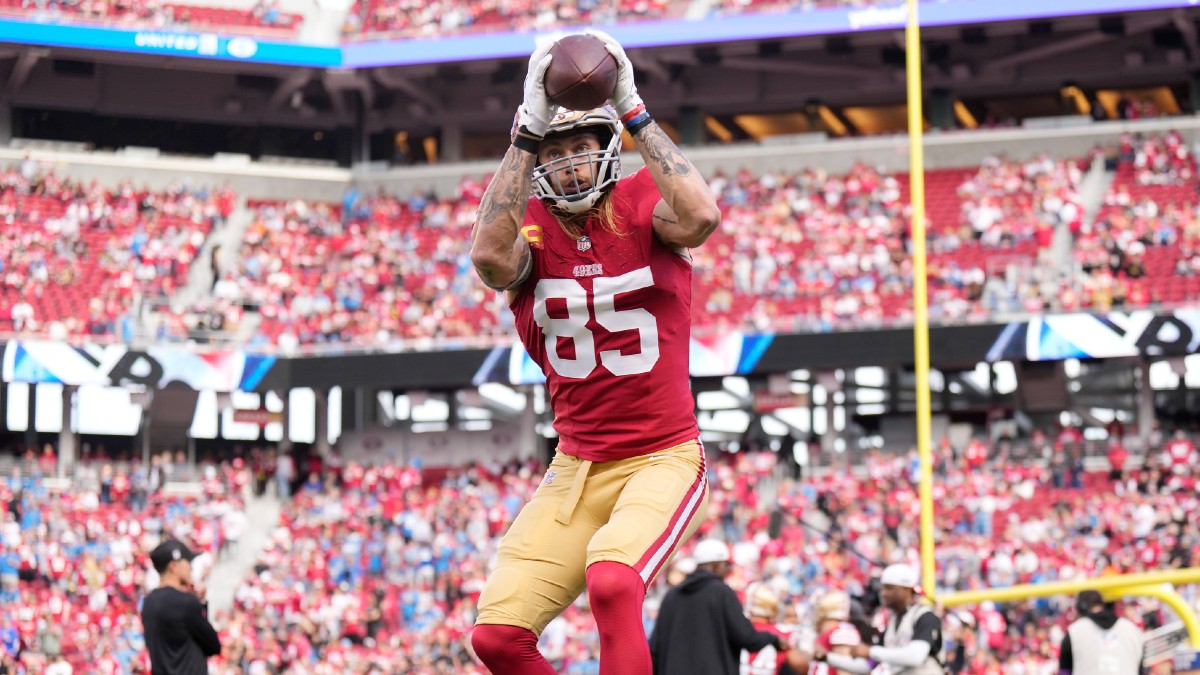In just about any game — professional sports or otherwise — there's going to be an expected winner and an expected loser. Teams and players rarely have the exact same level of talent, so when, say, the 11th-place Kings have to play the first-place Lakers, we aren't expecting Sacramento to come away with a win.
And while that may not be the most complicated concept to understand, it's a fundamental one when it comes to sports betting — the underdog.
What Is an Underdog?
In sports betting, an underdog is a team or player expected to lose a given game or event.
In the example above, the underdog would be the Kings, as they'd be expected to lose against the Lakers, who would be the favorite. And oddsmakers have two ways of quantifying how big an underdog is: the spread and the moneyline.
How Do I Know Who Is the Underdog?
In both spread and moneyline betting (using American odds), the underdog is the team listed in front of the number with a plus sign (+).
Point Spread Underdog
The "spread" is the difference between the two teams in play in terms of their expected points to be scored in the game. This allows bettors to make bets on how close a game will be, as opposed to simply betting on the winner and loser.
The greater the spread, the bigger the underdog.
| Team | Spread |
|---|---|
| Lakers | -11.5 (-110) |
| Kings | +11.5 (-110) |
In the case above, the Kings are seen as 11.5-point underdogs against the Lakers. That means that in order for a Kings bet to win, they'd need to lose by no more than 11 points, or win the game outright. If they were to lose by 12 points or more, Sacramento bettors would lose their money.
You'll notice that both spreads are listed in front of a minus number (-110). That number is simply to denote the vig (tax) taken by the sportsbook. In other words, regardless of which spread you choose to take, you'll have to risk $110 to win $100 (or $11 to win $10, etc.).
In some cases, though, the teams will be seen as even matches, and the spread will be zero points (called a pick'em). In such a game, assuming the vig is once again -110 on each side, there is no underdog. If one team's vig was lower, however (-105 vs. -115, for example), that team would be considered a very slight underdog, as that would mean it would take a $105 bet to win $100, as opposed to a $115 risk for the other side.
Moneyline Underdog
Reading moneyline odds is very similar to reading the vig, with the only difference being the numbers can be far more distant from even.
In moneyline sports (baseball and hockey are the main American ones), you're betting on which team will simply win the game, rather than the expected margin of victory.
| Team | Moneyline |
|---|---|
| Lightning | -300 |
| Senators | +260 |
In the matchup above, the +260 indicates that the Senators are the underdogs in the game, and that a bet of $100 would win $260. So in this case, Ottawa is a pretty sizable underdog.
Sometimes you'll come across games in which both teams will have a minus sign (-115 vs. -105, for example). In such a game, just like in the pick'em example above, the team listed with a smaller number (-105) is considered the slight underdog.
Should You Bet on Underdogs?
There is no simple answer to this question. If there were, bookmakers would be out of business in a hurry.
Of course, underdogs lose games more often than favorites, but that's not to say that they necessarily lose more money for bettors than favorites.
In fact, in the NFL, underdogs have covered the spread to the tune of a 2224-2169-135 record (50.6%) since 2003. Because of the vig, that still has resulted in an overall loss of money, but it's less money lost than would have come from taking every favorite.
On baseball moneylines, underdogs have gone 15,683-21,231 since 2005, but once again, have not lost quite as much money for bettors as favorites have.
Neither of those figures should be taken to suggest that you should only bet underdogs, but rather that the betting market has the game of sports betting pretty well figured out.



